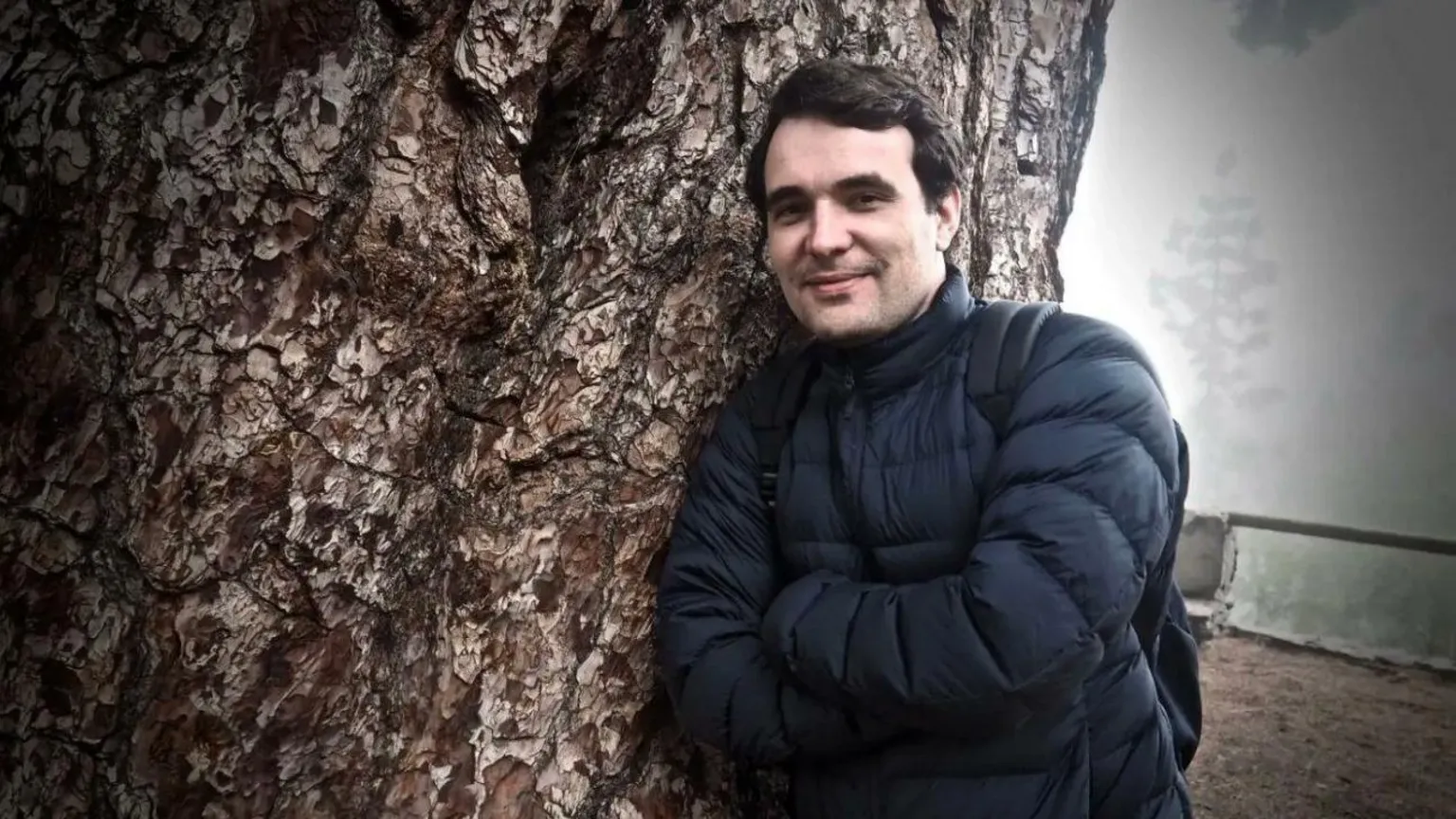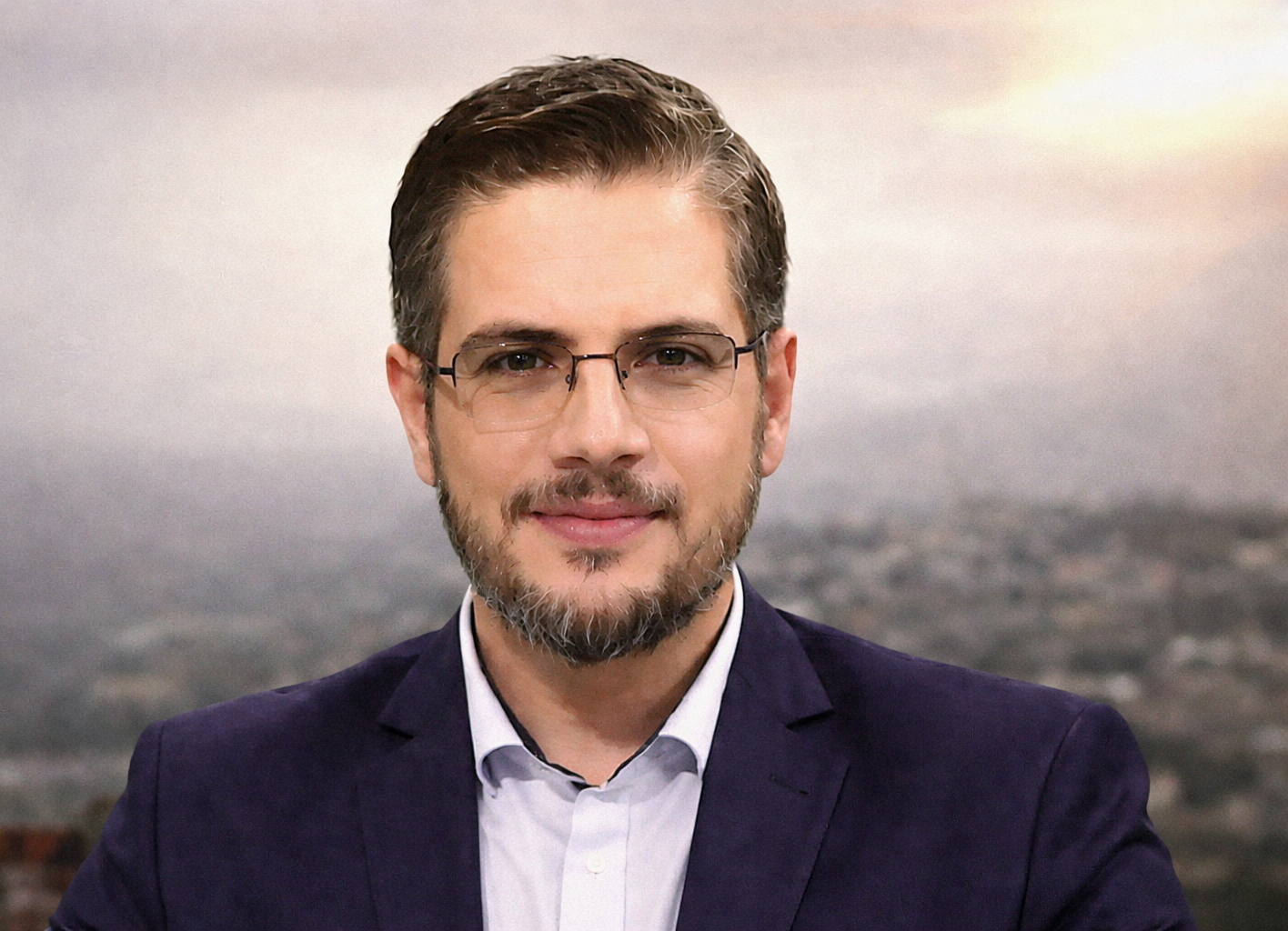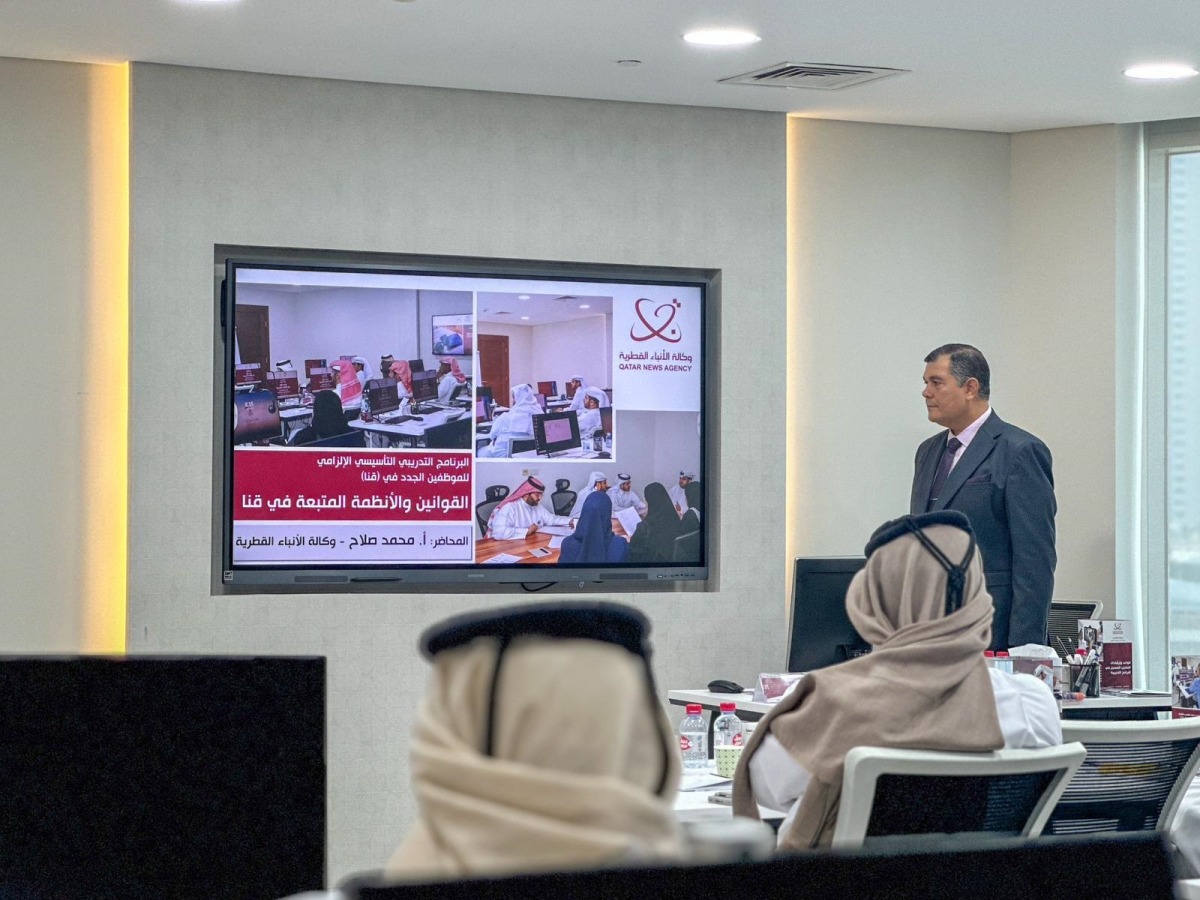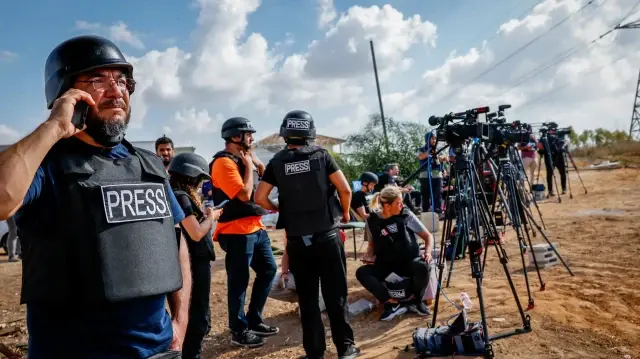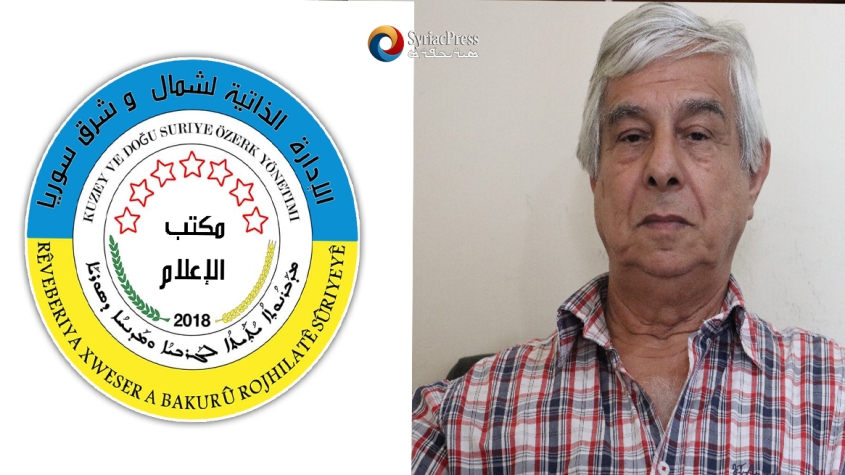
North & East Syria Media Directorate Condemns Hasan Zaza’s Arrest in Damascus
June 28, 2025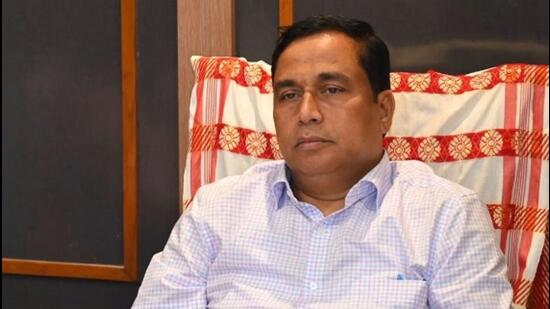
Assam Minister Jayanta Malla Baruah Apologizes After ‘Lower-Class Person’ Remark Sparks Outrage
June 29, 2025June 29, 2025 – Algeria –
French sports journalist Christophe Gleizes has been sentenced to seven years in prison in Algeria, a ruling that has sparked widespread condemnation from press freedom advocates and international observers. The 36-year-old freelance journalist was arrested in May 2024 in the northern Algerian region of Kabylie, where he was reporting on the local football club JS Kabylie. He had entered the country on a tourist visa, which authorities later used as part of the case against him. Gleizes was charged with “glorifying terrorism” and “possessing propaganda materials harmful to national interests,” based on interviews he conducted with a football official allegedly tied to the Kabylie independence movement (MAK), which Algeria designated a terrorist organization in 2021.
Gleizes and his supporters argue that the interviews were conducted before the MAK’s terrorist classification and were intended purely for journalistic purposes. He had not published any content based on those interviews. Reporters Without Borders (RSF), which has launched a campaign demanding his release, called the verdict “utterly unjust” and accused Algerian authorities of criminalizing journalism. RSF noted that this is the harshest sentence handed to a French journalist in recent memory.
The sentence has drawn international concern. France’s Foreign Ministry criticized the decision as “disproportionate” and pledged to support Gleizes’ appeal. The Committee to Protect Journalists also denounced the verdict, linking it to a broader pattern of repression in Algeria, where press freedom has deteriorated significantly since the Hirak protest movement of 2019. Human rights groups point to the Algerian government’s use of vaguely defined anti-terror laws to silence both domestic and foreign reporters.
Gleizes has launched an appeal, and RSF is pressing for diplomatic intervention and public mobilization. His conviction adds to a growing list of journalists targeted under Algeria’s tightening grip on dissent, where even coverage of a football team can be framed as a national threat. His case stands as a stark reminder of the dangers journalists face for pursuing the truth in politically sensitive regions, and how authoritarian regimes continue to use anti-terrorism rhetoric to imprison voices they fear.
Reference –

